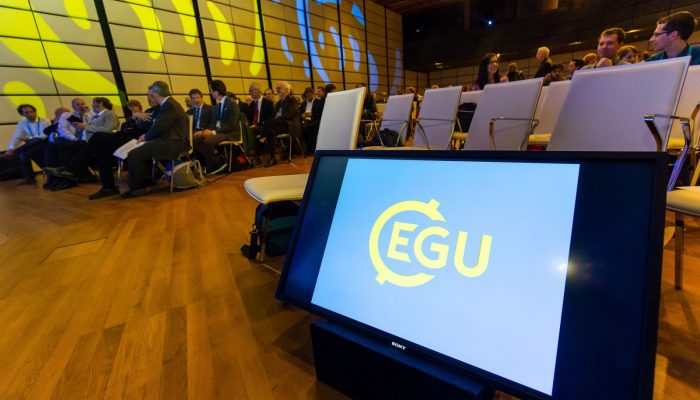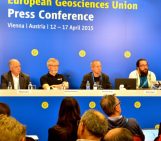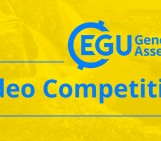
With a whopping 96 short courses at this year’s General Assembly, there is more than ever to choose when it comes to broadening your expertise. You can supercharge your scientific skills, broaden your base in science communication and pick up tips on how to boost your career – be it in academia or outside. There is also a course aimed at making your time at the conference easier -be sure to take part, especially if it is your first time! And, if you do attend the short courses, don’t forget to share your experience with other conference participants on social media using the dedicated hashtag: #EGU17SC. Read on for a small selection of what’s in store at EGU 2017:
Supercharge your science – new techniques and dealing with data
- How to apply and interpret the Fast Fourier Transform (FFT) for Time-Series Analysis ( (SC6/NH10.1)
- Virtual Polarizing Microscopy in Petrology and Microtectonics (SC9)
- 3D and 4D imaging: Automation of data analysis (SC38)
- Unmanned aerial vehicle (UAV) technology for monitoring natural hazardous areas (SC53)
- Doing Data Analysis with Python and Jupyter (SC67)

Boost your chances of landing your dream job. (Credit: Texty cafe)
Tips and tricks to boost your career
Being able to secure your own funding for research is key to a successful academic career and will give you important skills applicable to industry jobs too, so why not check out these four grant writing courses?
- How to write a research grant (SC15)
- How to write a successful ERC Grant proposal (SC5)
- Practical tips for applying to the EU Marie Skłodowska-Curie Individual Fellowships program (SC25)
- Open Science Clinique: winning grant proposals with Open Science (SC74)
Additionally, you can also improve the chances of landing your dream job by attending these career development sessions.
- Academia is not the only route: exploring alternative career options for Earth scientists (SC14)
- Polar Science Career Panel (EGU Cryosphere and APECS) (SC66/cl6.05/CR6.14)
- Successful strategies to design, develop and write a scientific paper (SC92)
You can also gain very useful insight from those who have done it before, so why not take part in your Division’s ‘Meet the masters’ session? Here you’ll be able to meet experts in the field who can give you tips on how to get the most out of your career.
- Working at the science policy interface – meet the experts (SC27)
- Meet the Expert in Hydrology: Is research at different spatial scales connected? (SC19/HS12.1)
- Meet the masters (in Geomorphology) (SC21/GM13.3)
- Meet the Experts – The Future of Solar-Terrestrial Research (SC41)
Science communication skills
With a growing emphasis on engaging the public with science and research why not take part in one of the many workshops designed to develop your communication skills?
- Science communication in the age of Brexit and Trump: how to reach the hard to reach (SC4)
- The nuts and bolts of blogging with WordPress (SC13)
- What is science policy and how can scientists communicate with policy officials? (SC28)
- A picture is worth a thousand words: communicate science with data visualization (SC30)
- Rhyme-your-research (SC39)
- Finding funding for your science film (SC78)
The EGU General Assembly is taking place in Vienna, Austria from 23 to 28 April. Check out the full session programme, for a complete list of short courses available, on the General Assembly website.





